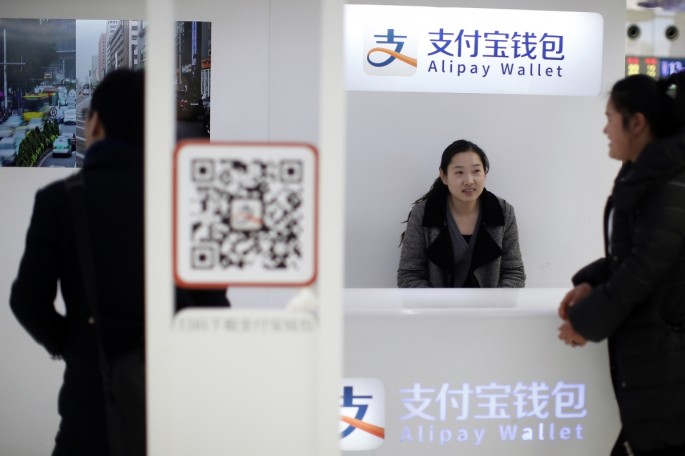The People’s Bank of China’s (PBOC) new set of draft rules on payment services was met with opposition, according to Caixin. The newly announced rules aim to enhance security and regulatory supervision.
Published on the PBOC's official website on July 31, the new draft rules, which include security-based caps for payments, are still subject to public scrutiny and consultations.
Among the draft rules' critics is Yi Huanhuan, the deputy director of Hong Yuan Securities Research. Yi took to social networking app WeChat to voice out his concerns.
"The caps of 5,000 yuan ($800) per day and 200,000 yuan ($32,200) per year make it impossible to buy an iPhone. I will have to make payments over two years if I want to donate 210,000 yuan ($33,000) to Beijing's Winter Olympic Games," Yi said.
More concerns aired by people from the third-party payment sector were addressed, as the PBOC released a document later that day to explain each article included in the draft rules.
According to a source, the caps are set to hinder people from putting too much money into payment accounts, which are not protected by the deposit insurance.
Gu Chonglun, CEO of online financial service provider Chongzi, also made certain clarifications. In a statement, Gu said that the proposed rules' main aim is to revert payment services to their original form of being a channel for funds. This is in light of the third-party payment sector's expansion into several other businesses in recent years.
The PBOC has long maintained and encouraged the public to make large payments through banks, which have mechanisms to prevent money laundering and are considerably better regulated.
The PBOC and the China Banking Regulatory Commission already issued regulations for banks to authorize online payments through third-party services, but the latter's failure to comply raises the question as to whether the draft rules are enforceable.



























